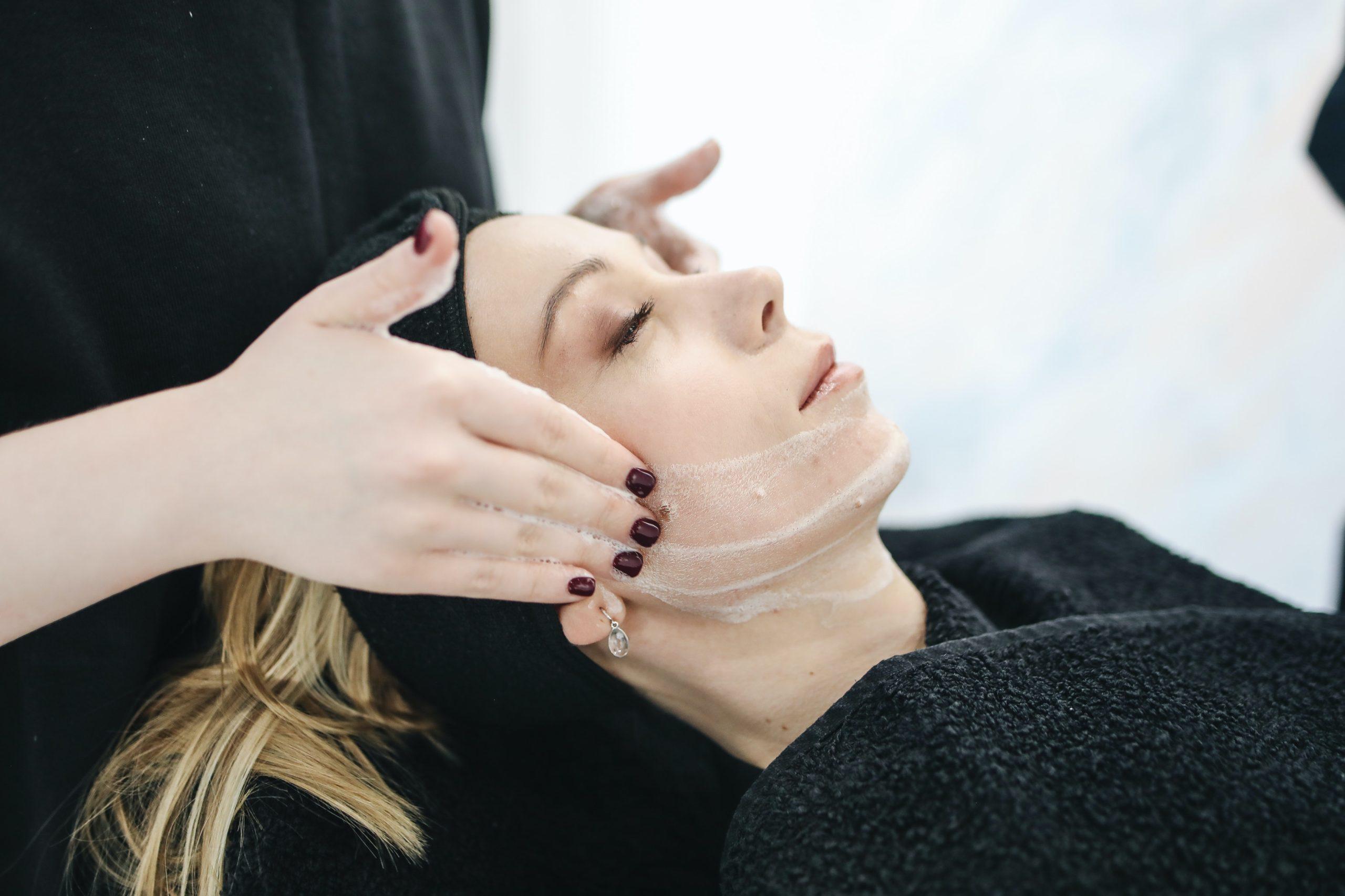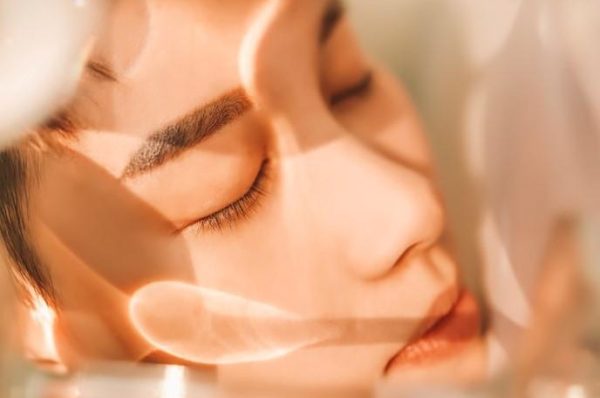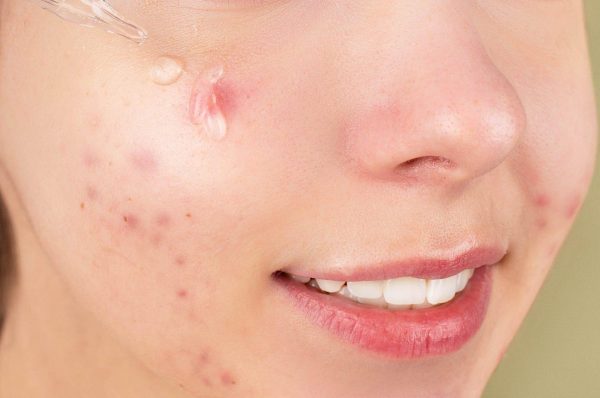Having clear, flawless skin is the dream of every person. But you may find it difficult to achieve because you believe in myths like how to run a cleansing routine or how much to serve on purchasing products. You should understand that all skincare myths do not work and some even cause damage to your skin. Let’s reveal the truth behind usual skincare myths. Because it’s time to have skincare myths debunked: separating facts from fiction.

Drinking water frequently keeps your skin hydrated
No proof drinking lots of water either benefit or harm your skin. Sometimes, we feel thirsty because our organs require water but our skin is not capable of absorbing water itself. It is absorbed in the bloodstream and thus fulfills the water requirement of our body cells (including our skin cells). So, when you are dehydrated, your skin is also affected like other body parts. We can keep your skin hydrated by avoiding contact with hot dry air and by using a light cleanser or moisturizer once daily.
You need to exfoliate your skin
A usual skincare myth that I hear the most is that you should exfoliate your skin regularly. Our skin is naturally maintained to shed its dead epidermal cells once a month. You don’t need to buy exfoliators or do facial pealing. Don’t use anything aggressive on your skin just to look young; it will damage your skin more.
Eye creams don’t show any results
An eye cream can help you with your eyes if it contains the right ingredients according to your skin type. If you have dark circles and puffiness under your eyes, you can use an eye cream with caffeine. It will work on your eyes, controls the infection, and makes your eyes look brighter. Caffeine itself is not the magic stick but it works in combination with retinol, Vitamin C, and moisture. Your skin will get reduced fine lines, dark circles, wrinkles, and a young and bright appearance if you use this complex.
You don’t need retinol until you reach 50
Retinol is considered the gold premium of skincare. It’s beneficial for your skin because it:
- Increases the collagen formation
- Repairs damaged skin cells
- Prevent acne and blockage of pores
- Reduces fine lines and wrinkles
You should initiate using retinol in the early 20s to prevent your skin from expected damage. We know you will not get used to it at once. But you can start introducing it in your skincare routine by applying it 2 to 3 times a week.
Not washing your face gives rise to acne
It’s a myth that hygiene is involved in the development of acne. It can be to some extent but the main reasons for acne production are excess oil, blocked pores, bacterial growth, and inflammation. An inadequate diet, increased stress levels, and hormonal imbalances also give rise to acne. So, if you don’t wash your face frequently, it neither causes acne nor has a role in its prevention. That’s why you have to stop believing this fiction anymore.
Sunscreen is useless in the fall or winter
Most people think that sunblock is only needed in summer. But you know that the sun rises 12 months of the year, so the harmful ultraviolet rays that damage your skin texture are present everywhere at every time. You will get fine lines, wrinkles, and tanning on your skin due to UV radiation. So, you should apply sunscreen every day whether you stay indoors or plan to go outside.
Wounds breathe to heal
It’s not wrong to say that one should cover the wound with moist products like Vaseline to help them heal faster. If you let the damage dry out, a crust may form over it and it will end in the appearance of a terrible scar. Moreover, the wound should be kept covered to prevent any bacterial growth. But wounds don’t need to breathe to heal.
Natural, plant-based skincare products are good for your skin
Botanical products are safe to use is the most common myth I hear in dermatology. Natural products are usually unorganized and contain phytates and essential oils in raw form that can cause allergic reactions on your skin. They also result in skin dryness and sometimes result in chronic dermatitis. To further elaborate, you can take the example of snake venom. Just because it comes from nature doesn’t mean that it’s safe to use.
You don’t need a moisturizer if you have an oily skin
You think you don’t need a moisturizer if you have oily skin. But you don’t know that oily skin can still be undernourished. Your skin may be secreting excess oil because it’s dehydrated and trying to compensate for the water loss. If moisturizing your skin daily makes it look oily, it means your skin regulates a mechanism to balance oil production. But you can use a light, oil-free moisturizer to get fresh and flawless skin.
Wrapping Up
Now skincare myths debunked: separating facts from fiction. We hope that this article will help achieve your dream of flawless skin.
Follow us on Instagram and Facebook
Also, read this amazing post: Five-Minute Makeup for a Busy Morning Routine






Comments (175)